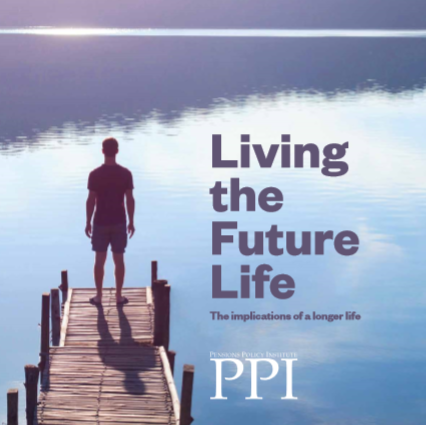Report: Living the future life - The implications of a longer life
Key findings
- There is expected to be a major shift from a traditional, three stage life (learning, working, retirement) to a multi-stage life where the boundaries are blurred between these stages.
- There are five key components to living a productive and fulfilling life up to the age of 100 and beyond: resilience, agility, health, financial capability and flexibility.
- Flexible working can interact with employer services, including pension schemes. Some local authority employees are able to gradually reduce their hours, while withdrawing more of their pension pot in order to make up for the reduction in salary.
- In Sweden, payments to employers that encourage them to hire older people that are long-term unemployed correlate with a decrease in unemployment rates.
- There could be an increase in emphasis on strong flexible working and leave policies put in place by employers as they can provide opportunities for people to extend their working lives, which is increasingly relevant as the state pension age rises.
The report highlights that the possibility of living a 100-year life is now reality. As such, not enough people have seriously considered what this would mean for them, for their families, their work, their finances and their lifestyles.







